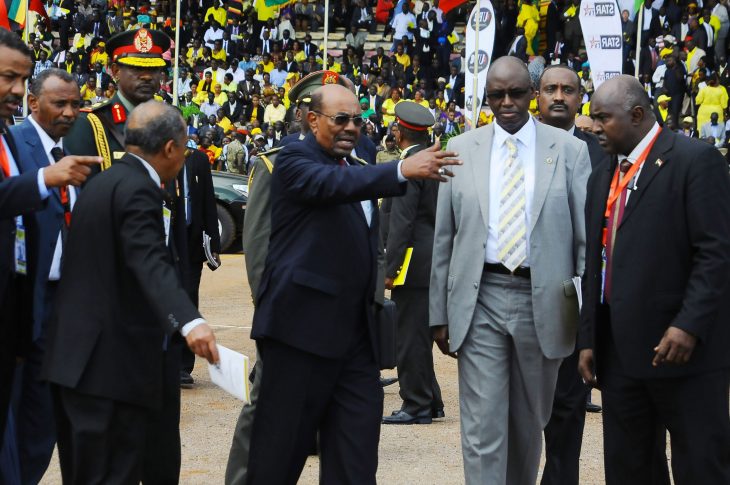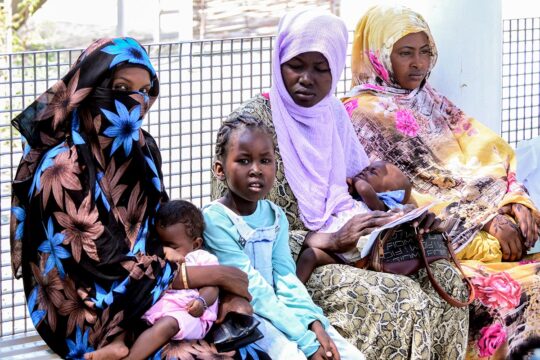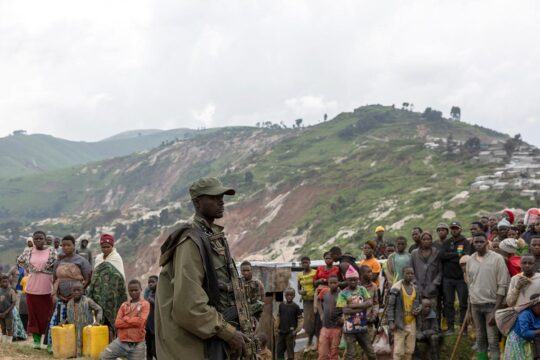Can the International Criminal Court (ICC) expect action this time from the United Nations? The Hague–based permanent court has referred Uganda and Dijbouti to the UN Security Council for refusal to execute the arrest warrants against the Sudanese President Omar Bashir. The two African countries warmly welcomed Bashir while he was present on their territories in May this year to attend inauguration ceremonies of his fellow Presidents Yoweri Museveni and Ismaïl Omar Guelleh. The new move by the ICC comes a month after the Court Prosecutor Fatou Bensouda vigorously confronted members of the Security Council, accusing them of jeopardizing her task. The Security Council itself referred to the ICC the Darfur situation which resulted, among others, in two warrants of arrest against Khartoum’s strongman.
In two separate decisions rendered on July 11, the Court found that Uganda and Djibouti had failed to comply with its request for arrest and surrender of Omar Bashir.
The ICC then referred the matter to the Assembly of States Parties to the Rome Statute (under which the Court was created) and the United Nations Security Council. “It is now up to them to take the measures they deem necessary regarding this matter”, according to the ICC.
Omar Bashir is facing two ICC arrest warrants for five counts of crimes against humanity, two counts of war crimes and three counts of genocide for crimes allegedly committed against the Fur, Masalit and Zaghawa ethnic groups in Darfur, Sudan, from 2003 to 2008.
The situation in Darfur was referred to the Court by the Security Council in its resolution 1593 on March 31, 2005.
Uganda and Djibouti, as States Parties to the Rome Statute, are obliged to execute the arrest warrants issued by the Court.
According to the two ICC decisions, the failure by those two countries to meet this obligation prevented the Court from exercising its functions and powers. According to the court, neither of the two governments has formally raised issues that might have prevented them from executing the request for arrest and surrender.
“Arrogance from the West”
It is not the first time that an African nation has been referred to the Security Council for failure to arrest the Sudanese leader, who meanwhile continues to travel freely around the continent. But so far, no action has been taken by the UN. Several African heads of state have accused the ICC of imperialism, neo- colonialism, or “arrogance from the West” for its attempt to try a sitting African President.
ICC Prosecutor Fatou Bensouda, a Gambian, has voiced her frustration that the UN has done little to secure the arrest of President Omar Bashir.
In early June there were heated exchanges between the Bensouda and several diplomats when she briefed the Security Council on the situation in Darfur. The ICC prosecutor did not mince her words, accusing the Council of being “silent and non-responsive” on Darfur as violence continues. She said the UN was thereby only encouraging Sudanese President Bashir to visit other countries, despite the two ICC arrest warrants against him.
“Sadly, my Office’s countless appeals to you for action (…) have not been heeded,” she complained. “The Council cannot and must not remain silent and non-responsive,” she added.
The Prosecutor’s address was clearly too bold for some, including Russian representative Evgeny Zagaynov, who expressed surprise at its tone. Bensouda was expected to deliver a detailed report, not her opinion on what the Council was doing, said the Russian, who received immediate support from some African diplomats.
Sudan’s representative Omar Dahab Mohamed stated that his country, which is not a party to the Statute of Rome, has no connection to the ICC and that Security Council Resolution 1593 referring the situation in Darfur to the Court was unfounded. He claimed African leaders were subject to discriminatory treatment “worse than during the colonial period”.
In response Bensouda accused the Sudanese diplomat of providing “misinformation” to cover up the situation in Darfur.
With the exception of Russia and China, the big powers in the Security Council expressed support to the ICC Prosecutor. French representative Alexis Lamek stressed that fighting impunity in Darfur was not only founded but absolutely necessary, given the continuing violence there. The French diplomat also said it was regrettable that arrest warrants issued by the ICC had not been implemented.
However, Lamek’s speech is unlikely to change the facts on the ground. Numerous African governments continue to roll out the red carpet for Bashir.
Sudan asks AU Committee to investigate
Following Bensouda’s briefing, Sudanese government count-attacked, asking the African Union’s Open-ended Committee of Ministers of Foreign Affairs on the International Criminal Court to investigate “political motives” behind the actions of the court’s prosecutor.
The committee was formed following the AU Summit which was held in Johannesburg, South Africa last year. It was established to follow up on the request made by the AU to the United Nations Security Council on the suspension/deferral of proceedings against President Omar al-Bashir while also urging the UN to withdraw the referral case in the Sudan.







